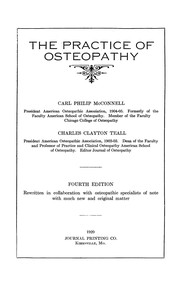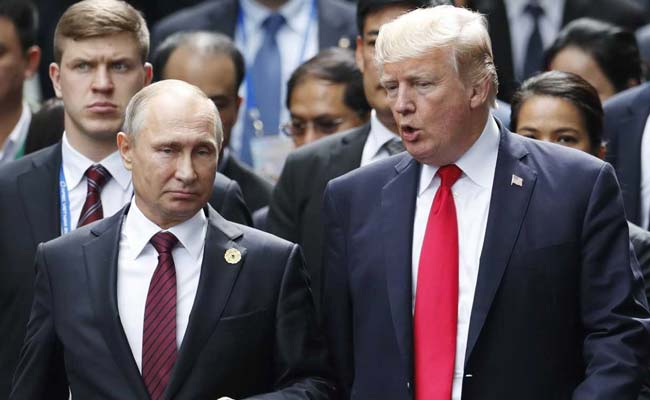iPhone 14, iPhone SE Sales in EU to Be Discontinued Due to Upcoming Regulation: Report
iPhone 14, iPhone 14 Plus, and iPhone SE (2022) are no longer available in Switzerland, and Apple is set to halt sales across the EU, two years post-launch. This is due to an upcoming EU regulation that will block Apple from selling iPhones with a phased-out Lightning port, while newer models with a USB Type-C port can continue to be sold.

iPhone 14 and iPhone 14 Plus are no longer listed for purchase in Switzerland, and the company is expected to discontinue sales of its smartphones across the European Union (EU), two years after they were launched, according to a report. The company will stop selling another smartphone that was also introduced in 2022 — the third generation iPhone SE. Unlike Apple's newer smartphone models, these three handsets are equipped with a Lightning port, which has now been phased out in favour of the universal USB Type-C port.
Apple's iPhone 14 and iPhone SE (2022) Expected to Be Discontinued in 27 EU Countries
The upcoming common charger regulations in the EU are set to come into effect on December 28, and Apple appears to be preparing to comply with the deadline, according to a MacRumors report. The publication discovered that Apple has discontinued the sale of the iPhone 14, iPhone 14 Plus, and iPhone SE (2022) via its website in Switzerland, while in-store sales will continue until the deadline.

A screenshot of Apple's Switzerland store, which lists all three models as "currently unavailable"
Photo Credit: Apple
Gadgets 360 was able to confirm that the listings for all three models on Apple's website for Switzerland carried the message "Derzeit nicht verfügbar" which translates to currently not available. The handsets were still available via the company's websites in various EU countries at the time of publishing this story.
It's worth noting that Switzerland is not part of the EU or the European Economic Area (EEA), but the country is part of the European single market (or European common market) along with Iceland, Liechtenstein, and Norway. As a result, the company is expected to discontinue sales of its smartphones in these regions, as well as the 27 countries that make up the EU.
This means that when the December 28 deadline arrives, Apple won't officially sell an iPhone SE model in the EU, while resellers can continue to sell remaining units. Customers might not have to wait long, though. Recent reports suggest that Apple is already working on a fourth generation iPhone SE model, which could arrive with an updated design, Face ID, and the company's rumoured in-house modem chip.
On the other hand, EU customers will now have to purchase an iPhone 15 or an iPhone 16. These smartphones are equipped with a USB Type-C port, so the company can keep selling them after December 28. Apple has also updated its other accessories like the AirPods Pro (2nd Gen) and AirPods Max with a USB Type-C port, well ahead of the deadline.












)



























































